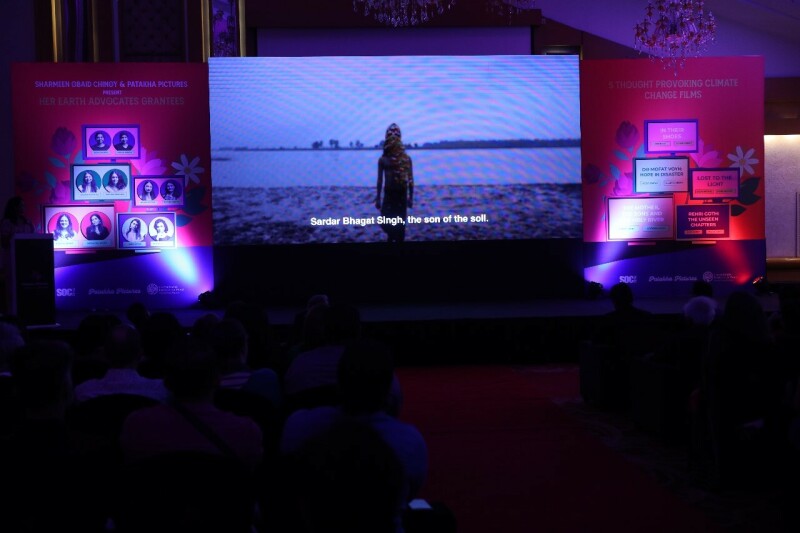'Doctors are still repairing the damage to my body': Malala Yousafzai talks about her road to recovery
Nobel laureate Malala Yousafzai recently opened up about how she's still on the road to recovery nine years after being attacked by the Taliban.
In 2012 Yousafzai — at the mere age of 15 — was shot in the head when she was returning from her school in Mingora, Swat. Now 24, she recently took to social media to share the various health challenges and surgical procedures she's undergone since the attack.
"Two weeks ago I lay in a hospital bed in Boston undergoing my sixth surgery, as doctors continued to repair the Taliban’s damage to my body," Yousafzai shared on social media.
In the complete write-up on Podium, the Nobel laureate recounted the damage inflicted upon her. "The bullet grazed my left eye, skull and brain — lacerating my facial nerve, shattering my eardrum and breaking my jaw joints," she wrote.
"The emergency surgeons in Peshawar, Pakistan removed my left temporal skull bone to create space for my brain to swell in response to the injury. Their quick action saved my life, but soon my organs began to fail and I was airlifted to the capital city, Islamabad. A week later, doctors determined that I needed more intense care and should be moved out of my home country to continue treatment."
Yousafzai talked about having no recollection of the event until she woke up at Queen Elizabeth Hospital in Birmingham, the UK. "When I opened my eyes, I was relieved to realise I was alive," she wrote. "But I didn’t know where I was or why I was surrounded by strangers speaking English."
The Nobel laureate went on to describe an extensive list of procedures she had to undergo to regain normal bodily function. She explained how doctors decided to "fit a titanium plate where my skull bone had been, reducing the risk of infection, in a procedure called a cranioplasty".
"During the titanium cranioplasty, they also added a cochlear implant where the bullet had destroyed my eardrum," Yousafzai added.
The 24-year-old also underwent treatment for the extensive facial paralysis she suffered as a result of the attack. "About six weeks after I first landed in the UK, the doctors decided to tackle my facial paralysis. To do this, they cut into my face again and tried to stitch my severed facial nerve back together, hoping it would eventually regrow and facilitate movement," she said.
"A few months after the nerve surgery and with regular facial massage, my symmetry and movement had improved a little. If I smiled with my lips closed, I could almost see my old face. I covered my mouth with my hands when I laughed — so people wouldn’t see that one side didn’t work as well as the other."

Yousafzai underwent two surgeries to further treat her facial paralysis in 2018 and 2019. She recently underwent a third surgery in August. "On August 9 in Boston, I woke up at 5:00 am to go to the hospital for my latest surgery and saw the news that the Taliban had taken Kunduz, the first major city to fall in Afghanistan," she wrote. "Over the next few days, with ice packs and a bandage wrapped around my head, I watched as province after province fell to men with guns, loaded with bullets like the one that shot me."
The recent Taliban takeover of Afghanistan triggered the Nobel Laureate to recount the painful details of her experience since the attack. "Nine years after being shot, I am still recovering from just one bullet," she wrote. "But the people of Afghanistan have taken millions of bullets over the last four decades. My heart breaks for those whose names we will forget or never even know, whose cries for help will go unanswered."














Comments